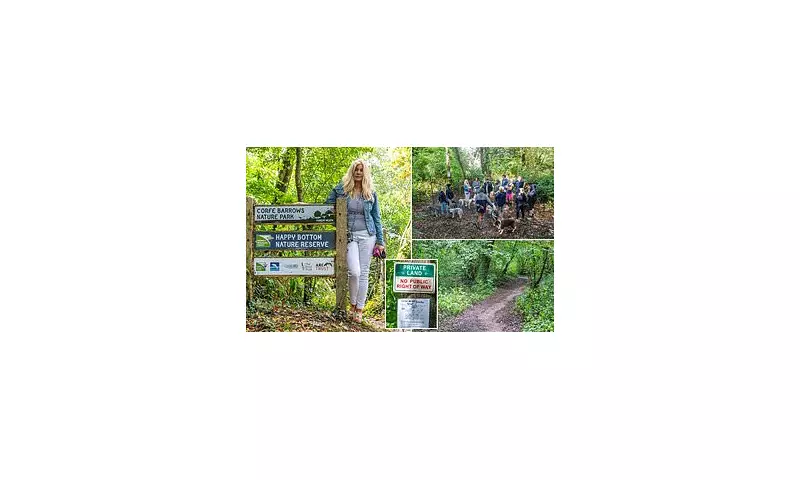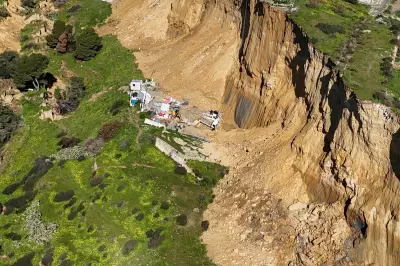
A major access row is tearing through a Dorset community after a controversial sign was placed directly across a well-used public footpath. The installation, declaring the area a 'nature reserve', has effectively blocked a historic right of way, sparking fury among locals and walking groups.
The Blocked Path at the Heart of the Dispute
The contentious sign appeared on a footpath in the picturesque area of Lorton Meadows, near Weymouth. Rather than being positioned to the side, it was erected squarely on the path itself, forcing walkers to deviate onto a muddy, overgrown verge to get past.
Residents were quick to voice their anger, labelling the move a blatant and illegal attempt to restrict public access to the countryside. The sign's placement has been called a 'cynical' act that undermines the long-established right to roam.
Defence and Outrage: Both Sides of the Argument
The sign was erected by the Lorton Meadows Conservation Trust. A trustee defended the action, stating the aim was to protect a 'fragile ecosystem' from being 'loved to death' by an increasing number of visitors. They argue the measure is a necessary step for conservation.
However, this justification has been met with fierce opposition. The Ramblers Association, a prominent charity dedicated to protecting walking routes, has strongly condemned the obstruction. A spokesperson stated unequivocally that "the installation of any barrier that impedes the public's right of way is unlawful".
Legal Ramifications and Council Intervention
The situation has escalated to involve Dorset Council, the local highway authority responsible for upholding rights of way. A council officer has confirmed that the sign's placement is indeed an unlawful obstruction of a public footpath.
Formal discussions are now underway with the landowner to find a resolution. The council has the power to take enforcement action if the obstruction is not voluntarily removed, potentially leading to legal proceedings to reinstate full public access.
This incident in Dorset highlights the ongoing and often tense national debate between conservation efforts and the public's cherished right to access and enjoy the British countryside.





